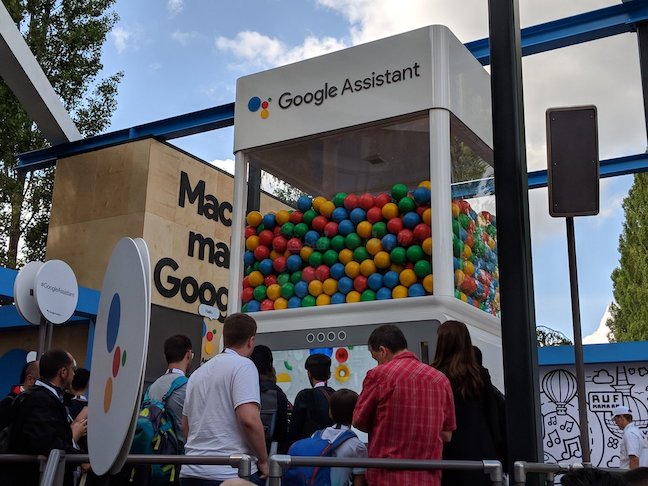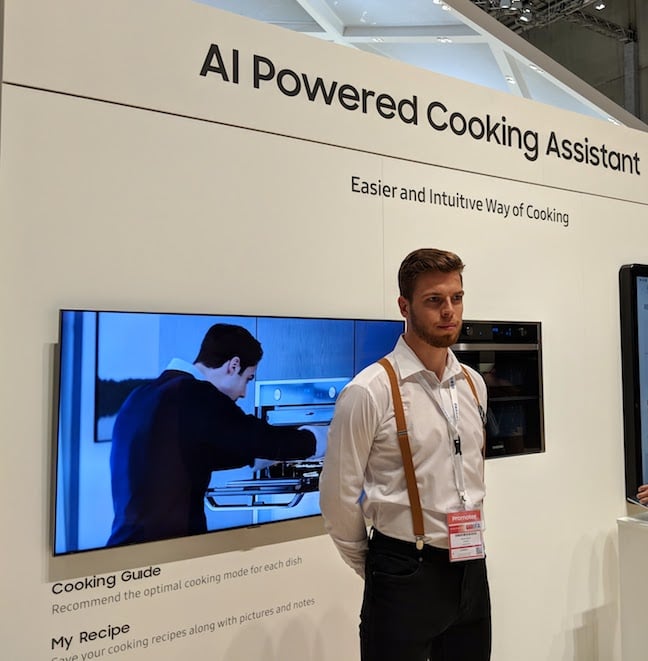Toddler-level interruptions and todo lists. Guys, try harder
IFA
I didn't see a blockchain toothbrush at IFA in Berlin last week, but I'm sure there was one lurking about somewhere. With 30 vast halls to cover, I didn't look too hard for it. But I did see many things almost as tragic that no one could miss – AI being squeezed into almost every conceivable bit of consumer electronics.
But none were convincing. If ever there was a solution looking for a problem, it's ramming AI into gadgets to show off a company's machine learning prowess. For the consumer it adds unreliability, cost and complexity, and the annoyance of being prompted.
How is this so? There are clearly some use cases where, empirically, the statistical predictions made by neural networks has improved the output - speech recognition is a clear example. There are 44 English phonemes: overlapping nets help add valuable context that produce more accurate guesses (and remember, this is all about guessing). And then... there are some use cases that aren't improved. These turn out to be quite numerous.
Smart chickens
In Berlin, I saw two desperate armies converging on the battlefield of consumer AI: white-goods manufacturers looking to add value and margin, and technology companies looking to get into new areas of consumer electronics. LG and Samsung are both, with decades of white goods and tech behind them. As you might expect, both are smitten by AI, LG even more so than its bigger rival, and their vast floor space touted this loudly.
For LG it's a fairly indiscriminate application of AI - with everything rebranded "ThinQ" and fairly limited in what it can do.
LG, Google and Innit trumpeted a smart kitchen. How is it smart? Well, there's "voice control, step-by-step guided cooking, and automated expert cook programs". We learn that "consumers may have had to open up six or seven apps to get the help they need cooking, including nutrition information, recipes, shopping lists, how-to videos, and remote control apps for various devices", but now they can "enjoy a single elegant journey".
How is it smart, though?

A big queue for the coloured balls
For example, LG says, if a fridge "knows" there's a chicken in it, you select a recipe and the oven comes on to start roasting. Most of my very limited number of chicken recipes were learned years ago, however, and when I'm browsing for new ideas, I don't necessarily want to start cooking right away. And perhaps like me you need to clear the oven of ancient metalware and possibly flammable material before it's safe to turn on. I wondered how many fires AI will start?...MUCH MORE
I suppose a connected oven will tell you, and hopefully the fire brigade, that your house is on fire. The AI at the smart insurer can then hike your premiums.
Then there's this happy household:...
